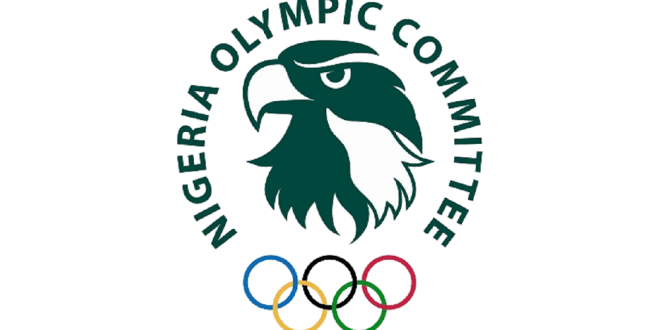The guidelines also advised Nigerians to: “practice safer sex, including the consistent and correct use of condoms, or abstain from sex during their stay in Brazil; “after the Games, women who discover they are pregnant during their travel or shortly after returning from Brazil should contact their healthcare providers for counselling about Zika virus risks and pregnancy management;
• after the Games, all travellers should practice safer sex, including the correct and consistent use of condoms, or abstain from sex for at least eight weeks after their return;
• men who experience symptoms of Zika virus disease during or after their return, should adopt safer sex practices or abstain from sex for at least six months;
• pregnant women whose sexual partners travelled to Brazil should practice safer sex practices or abstain from sex for the duration of their pregnancy. Couples or women planning a pregnancy should wait at least eight weeks after return from Brazil before trying to conceive; and 6 months if the male partner was symptomatic;
• all travellers should use personal protective measures such as insect repellent for at least three weeks after returning from the Games to avoid being bitten and potentially spreading the infection to other people through mosquito bites; and,
• travellers should not donate blood for at least four weeks after departure from Brazil to reduce the potential risk of onwards transmission.
The NOC also advised Nigerians to “be up to date with all the common childhood vaccinations before visiting Brazil (you may even need a booster). This includes immunizations for Tetanus and Diphtheria, Whooping cough (Pertussis), Hepatitis B, polio, measles, mumps and rubella (MMR). Brazil is listed by the World Health Organization (WHO) as endemic for Yellow Fever. A Yellow Fever vaccination is compulsory.” It added that the full two-dose Hepatitis A vaccine is strongly recommended when visiting Brazil and other precautions for hygiene and food safety should be taken.
Source: Swankpharm

 The Nigeria Olympic Committee (NOC) Medical and Scientific Commission yesterday released guidelines on how to avoid the Zika virus to sports fans travelling to Brazil for the Olympic Games.
The Nigeria Olympic Committee (NOC) Medical and Scientific Commission yesterday released guidelines on how to avoid the Zika virus to sports fans travelling to Brazil for the Olympic Games.




